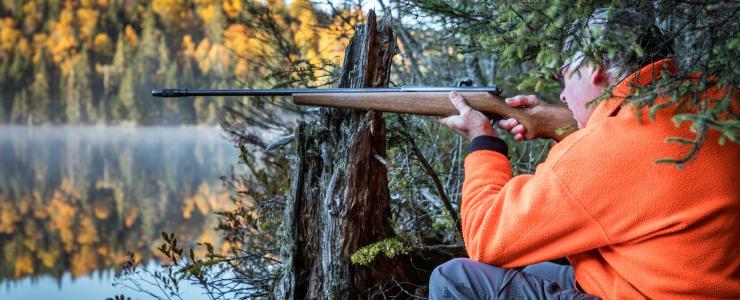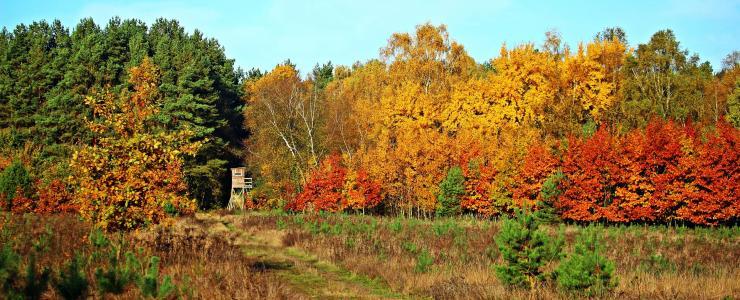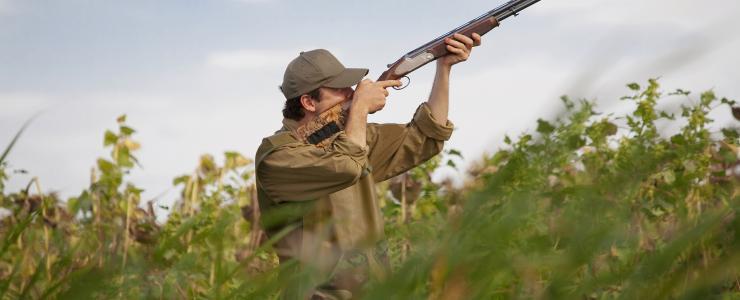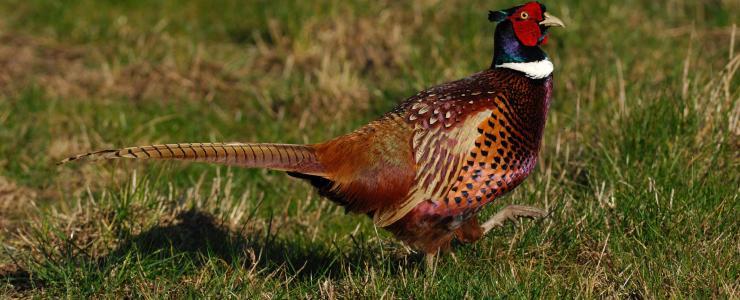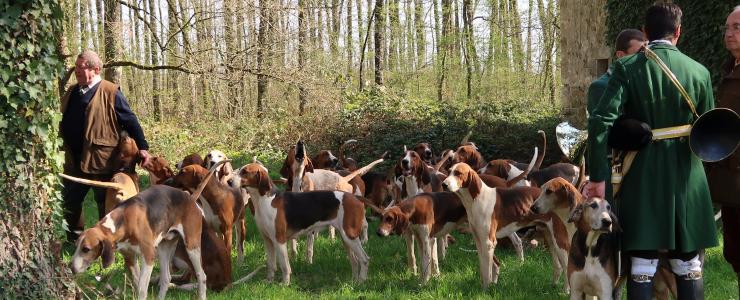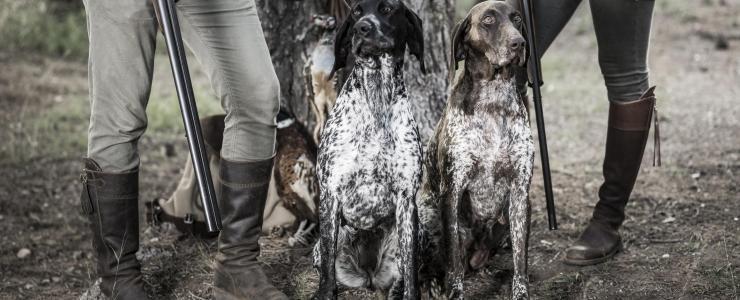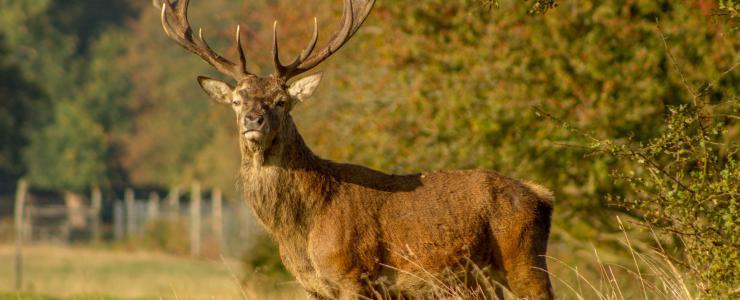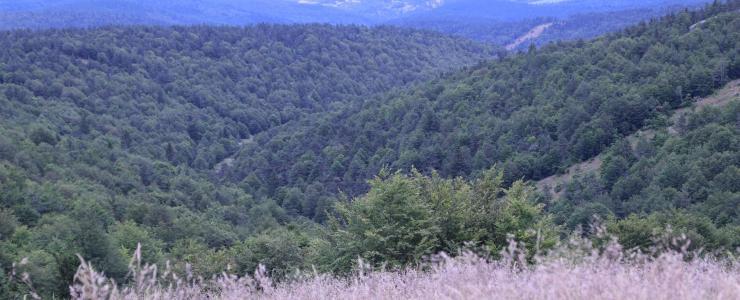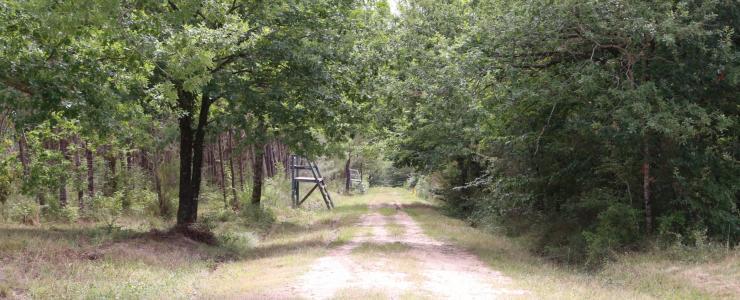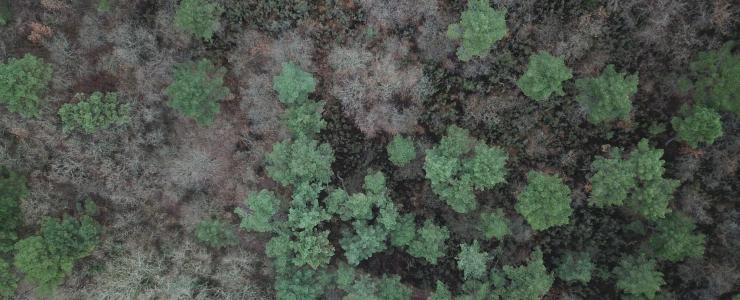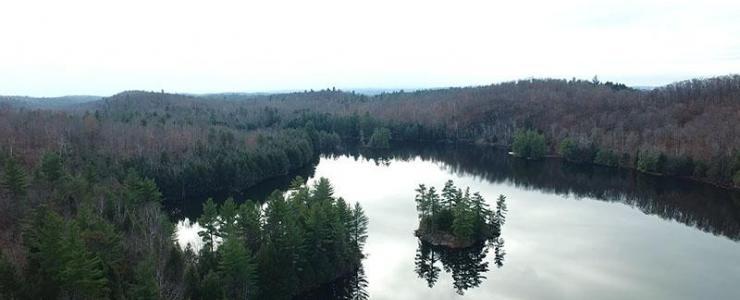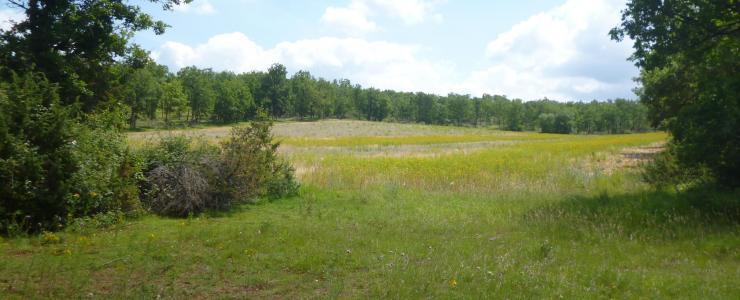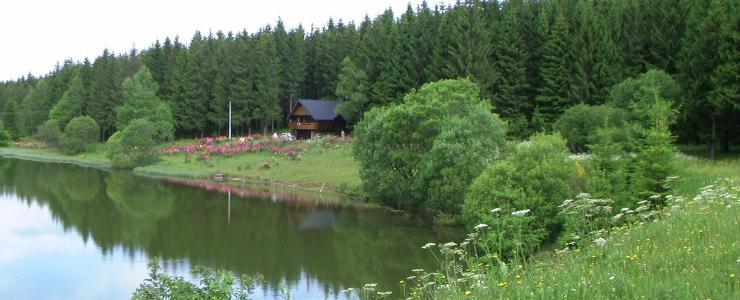Hunting regulations
You cannot simply go out and hunt whenever and however you want in France. Hunting is a regulated practice, enshrined in the law for several centuries now : hunting law was even referred to under Clovis back in the 6th century!
Nobility’s privilege to hunt was introduced in an order in 1396. This exclusive privilege was abolished in 1789. However, what has remained over the centuries is the principle of the freedom to hunt, which replaces the exclusive right linked to land ownership.
The regulations are therefore intrinsic to the notion of hunting. We will discuss this below, even though sometimes usage has shaped the law.
Law of May 3, 1844
Even today, this law provides the foundations for the organization of hunting overall. Game animals are thus considered as a source for hunting and gathering.
Numerous measures were introduced in the 20th century. Firstly, with a view to structuring territories, Law 64-696 of July 10, 1964, known as the Verdeille law.
This included the creation of the ‘accredited communal and inter-communal hunting associations’ We should also note the introduction of the administrative scheme to compensate for damage caused by big game animals, which came into force in 1969. The requirement to take an examination before the issuance of the hunting license – a very significant measure – came into force in 1975.
Alongside national hunting legislation, international and European law on the conservation of fauna and flora has emerged. As such, the notions of ecology and the safeguarding of species are also linked to hunting regulations.
Law of July 26, 2000
Law no. 2000-698 provided the legal and regulatory foundations for hunting in France. It was completed by the laws of July 30, 2003 and February 23, 2005, which amended certain provisions, for example concerning the hunting license, the holding or sale of game, or with regard to compensation.
Coming after all these laws, the legal foundations for hunting were consolidated in article L 420-1of the Environment Code.
It defined or reoriented the roles of a number of establishments responsible for overseeing hunting in France:
The National Board For Hunting and Wildlife
This is a consultative body reporting to the Ministry in charge of hunting. Its vocation is to protect wildlife, develop hunting capital in the territories while respecting biological balances and improving conditions for hunting.
The National Agency For Hunting and Wildlife
This oversees compliance with the regulations, organizes hunting license examinations and enters into agreements with the hunters federations.
National hunting federation
It is an administrative body that brings together all the local federations. Its role is to promote and defend hunting. It also manages a national hunting fund to pay compensation for damage caused by big game animals.
The Regional Hunting Federation
This represents the departmental and interdepartmental federations from the same administrative region.
- The Departmental Hunting and Wildlife Commission
- The Departmental Hunting Federation
- The specialist hunting associations (waterfowl, venery, etc.)
These different structures oversee the practice of hunting in France, making sure the regulations are complied with.
Hence, from the issue of hunting licenses to the definition of annual hunting seasons, from the authorized guns and ammunition to departmental specificities and hunters’ responsibilities, everything is regulated and controlled. The agents from the National Agency for Hunting and Wildlife are there to enforce the law.
Forêt Investissement has recognized expertise in the sale and purchase of hunting estates and enclosures where you will be able to enjoy all kinds of hunting, in line with the regulations. A selection by Forêt Investissement.
Sources: Website of the Association Nationale des Chasseurs de Grand Gibier (Big game hunters national association)

